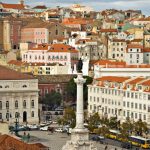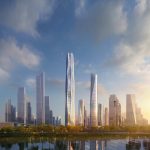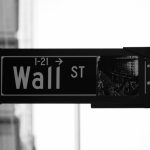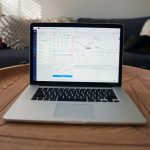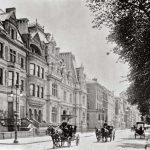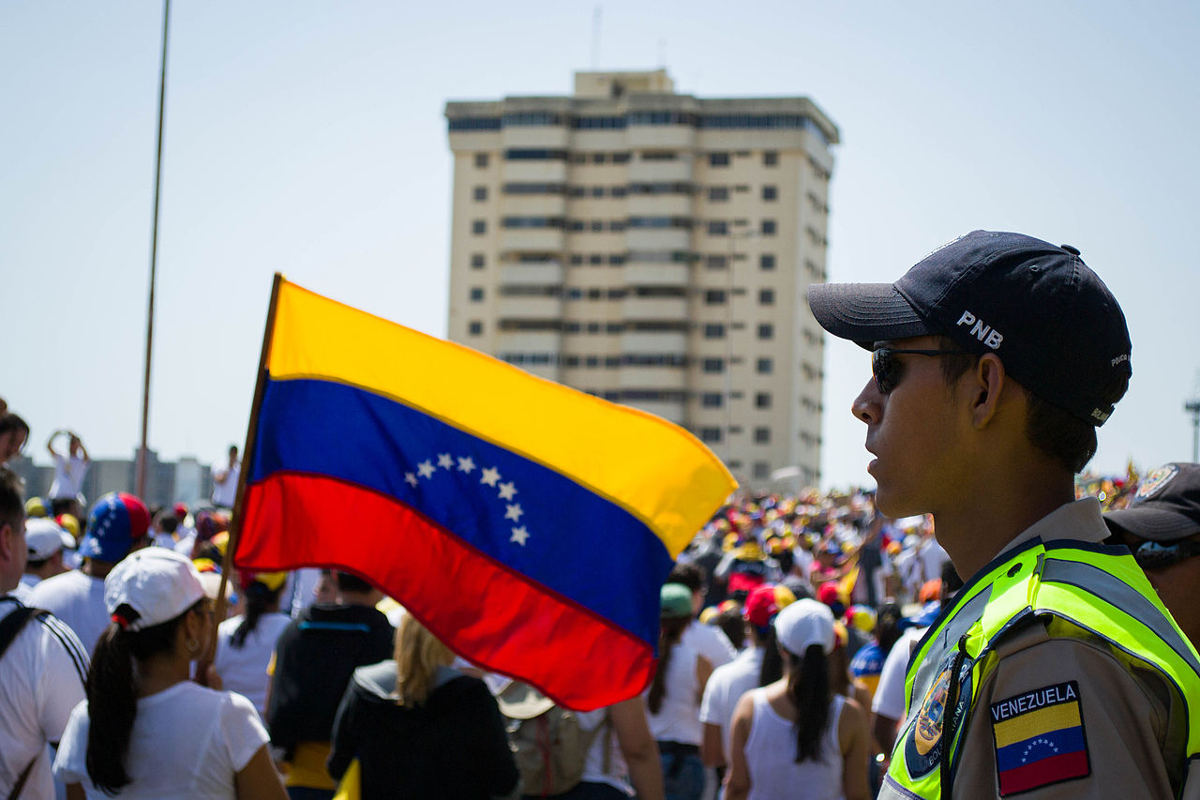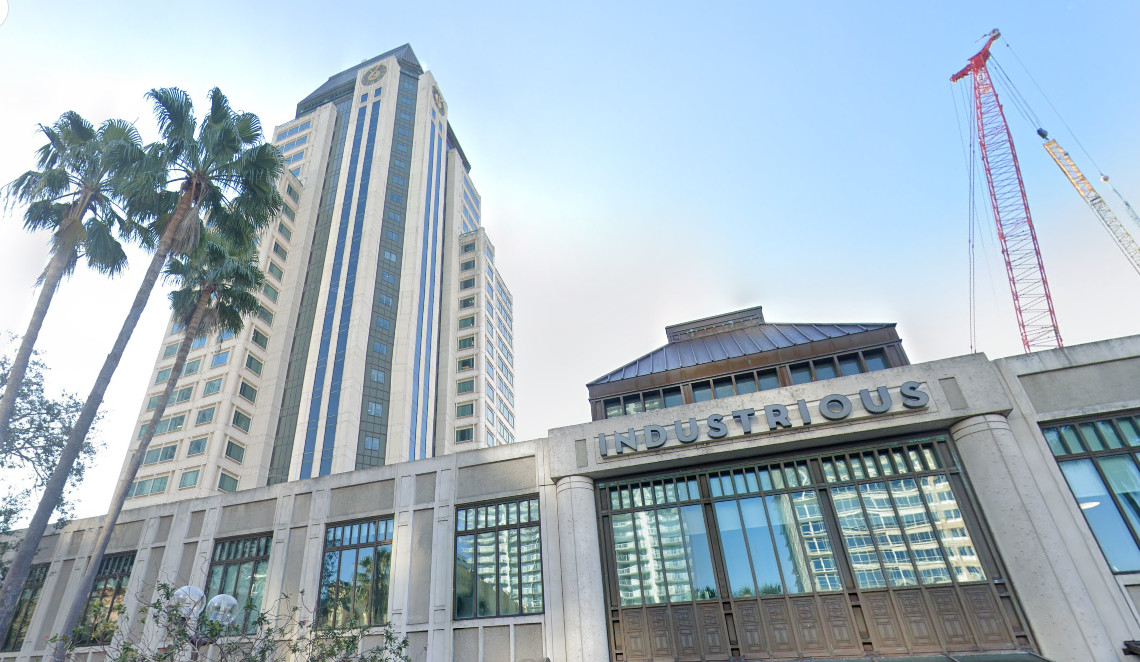Caracas, Venezuela (VIAnews) – The results of the 23 State Governors election held on October 15 in Venezuela indicate that the President Nicolás Maduro’s partisans won 18 states against 5 for the oppositionists.
Both parties were very active during the campaign, and the participation reached 61.14 %, with over 10 million voters.
The elections were called to choose State Governors, but voters were not choosing candidates for their capacity to manage their state. They were instead chosen for their allegiance, or lack of, to Chavismo and to President Maduro´s government.
To understand this tremendous split of today´s Venezuelan society, we need to look back 110 years ago.
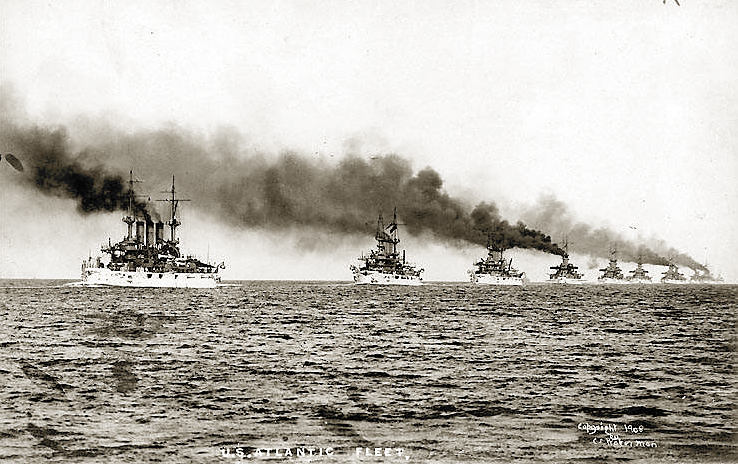
In 1903, the US President Theodore Roosevelt (following the “America for the Americans” Monroe Doctrine) sent US Navy ships to Venezuelan waters to expel the European warships that were attacking Caracas. Since then, the United States has been closely tied to all Venezuelan governments, extracting crude oil and selling their manufactures there for almost 100 years.
Venezuela, number one in strategic reserves, a key to the future
Venezuela is one of the richest countries in the world when accounting for proven reserves. Either in monetary value or strategic position and comprising of both mineral and biological resources.
Venezuela is number one in world oil reserves. The US is a long way down the list with position number ten.
Venezuela has easy to exploit superficial coltan (Columbite and Tantalium ore), which is eight times more conductive than copper, a sine-qua-non mineral for everything in use today. No intercontinental weapon, GPS, laser printers, satellites, drones, robots or mobile phones can be manufactured without coltan.
Venezuela is number 10 in biodiversity, number 8 in natural gas.
Venezuela´s jungles and plains give birth to the Orinoco River which is the 4th in freshwater volume in the world. The same jungle hides gold, diamonds, thorium (better than uranium for atomic energy) bauxite, (aluminium ore) and coal.
When Hugo Chávez won the 1998 election, he made forclear that those resources were for the Venezuelan people. Since then, his government and his revolution have been under fire by the US and the prerevolutionary Venezuelan upper and middle classes, whose power and wealth derived from handling extractive and/or commercial interests.
After the 48-hour military coup attempt against Chavez in 2002, the US and Spanish governments were the first to recognize the provisional government which lasted less than 24 hours, until Chavez was rescued by his people.
After Chavez´s death by cancer on March 5, 2013, a new president was to be elected within 30 days, and the CNE (Consejo Nacional Electoral) called for elections to be held on April 14, 2013. Two candidates fought for the country’s presidency. Nicolás Maduro, nominated by Chávez before his death, and Henrique Capriles who was finally accepted by multiple oppositionist trends, united for this purpose under the name of MUD (Mesa de la Unidad Democrática, Democratic Unity Roundtable).
The 1.6 million voters difference which separated Chávez from Capriles in 2012, felt to a mere 235.000 votes, only six months later. The absence of the charismatic leader infringed an almost deadly wound to Chavismo.
In December 2015, for the second time in the 22 democratic elections held during the revolutionary Bolivarian Republic of Venezuela, the Chavismo had another defeat. It had lost the majority in the legislative house, obtaining only 55 representatives against 112 of the opposition. The first defeat had been in 2004 while consulting for a constitutional modification proposed by Chávez, which was not approved by the people.
Near the end of 2015, in an alleged alliance with local oppositionists, US President Barack Obama declared that Venezuela was a dangerous menace to US safety.
Several months after the said declaration, in April 2017, opposition leaders allegedly called for riots and rallies (named “Pacific Protests”) against the government. During four months a death toll of over 120 was reached, many of them burned alive with gasoline. International media disseminated the news, calling them the victims of President Nicolás Maduro repressive policies. Many of those cases have been allegedly caused by mercenary terrorists, allegedly paid by opposition leaders, as it’s now starting to be established by judicial procedures.
When matters escalated to what seemed a dead end, with no possibility for conversations to take place, President Maduro proposed an Asamblea Nacional Constituyente (ANC), which is the most powerful instance of government. It would be formed by over 450 members from every region and from every kind of activity, representing the entire country.
The US President, Donald Trump, reacted to this proposal, as reported by The New York Times, saying he would not rule out a “military option” to quell the chaos in Venezuela. A late-night diplomatic duel was set off with the (Venezuelan) defense minister accusing Mr Trump of “an act of madness” and the White House saying it had turned away a call from Venezuela’s president.
Trump called for a financial blockade against Venezuela. Venezuela reacted using a basket of options, including India, Russia and China to negotiate its oil. Russia, China, India and Iran have interests in the Venezuelan oil fields. Russia, China, and several Latin American countries, including Cuba, have reacted against President Trump´s military option.
Venezuelans reacted against Trump’s menaces and the ANC was finally elected by over 8 million voters on July 30th, 2017. Such electoral demonstration brought the needed peace to the streets.
The elected ANC called for the election of State Governors (23) and the electoral authority, the CNE (Consejo Nacional Electoral, National Electoral Council) established the date for it on Sunday, October 15th.
The results of the regional authorities election have a special meaning: it will measure again the strength of the governing PSUV (Partido Socialista Unido de Venezuela, Venezuela United Socialist Party) and the opposition forces.
The Government won 18 states and the Opposition only 5, but three of them were very important due to their proximity to the Colombian border.
The process is completely electronic and results are transmitted to electoral headquarters in the capital city, Caracas.
Each voting machine also emits a ticket with the name of the candidate chosen by the voter, who after forchecking, deposits it in the sealed box. At the end, cast votes in tickets are counted, compared with digital total, and transmitted to the central computing center. A document is printed and signed by each party witnesses.for
Some government officials insinuated the results might not be accepted by oppositionists, who have been trying to install a “government in exile” with the support of OAS (Organization of American States, based in Washington D.C.).

